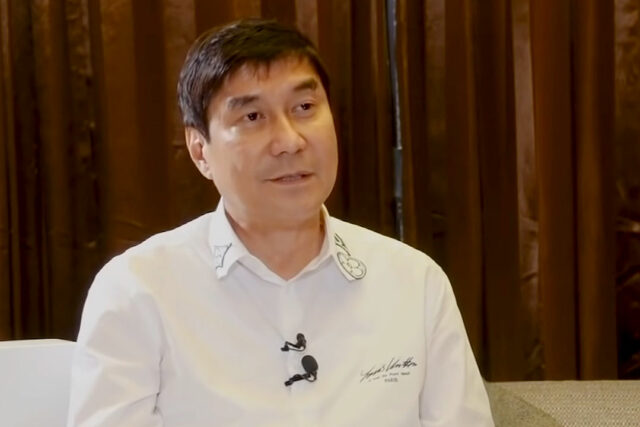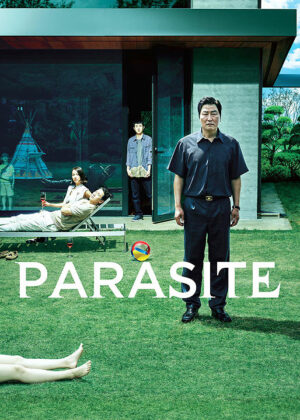MADRID/ROME — For decades, a cash-filled envelope — or “sobre” — was how hundreds of thousands of Spaniards working without legal contracts in tourism, agriculture or construction collected their salaries.
COVID-19, however, may finally be putting paid to the “sobre,” economic data and workers’ experiences suggest — accelerating a six-year-long crackdown in Spain on the shadow economy and providing a welcome boost to the country’s public finances.
The Spanish economy was the hardest hit in the euro area by the pandemic, shrinking 11% in 2020 amid tough lockdowns. Two years later, it has still not returned to its pre-virus level. But something unexpected has also happened: overall tax receipts and the number of people in official employment are now actually higher than at the point COVID-19 struck.
The reason, according to labor experts, trade unionists, employers and workers interviewed by Reuters, is that one unforeseen side effect of the pandemic has been to flush many Spaniards out of the shadow economy and into regular employment.
Chief causes have been the declining use of cash as a result of pandemic-era hygiene measures, together with increased demand for contracts by workers who saw that going under the radar also meant missing out on furlough payments during lockdowns.
While some of those factors apply to other countries, the makeup of Spain’s economy and other local factors mean the impact has been particularly tangible there.
“In the catering sector, there is a Before and After the pandemic,” said Gonzalo Fuentes, catering sector representative at CCOO, Spain’s largest trade union of a sector which in 2019 accounted for 12.4% of Spain’s official economy.
“Workers realized being underground doesn’t pay off, even though by paying no taxes or social charges they were earning more.”
While measuring shadow economies is due to their very nature difficult, estimates showed that even before the pandemic Spain’s drive to curb hidden activity had seen it pull away from euro zone peers Italy, Greece and Cyprus where shadow economic activity remains significant.
Spanish authorities pre-pandemic ramped up labor inspections in tourism and agriculture, even using algorithms to detect tax fraud.
“Employers have changed. Everyone now gives you a contract,” said one 55-year-old who would only be identified as “A.R.” because he has worked undeclared for 30 years as a waiter to supplement his main income in the public sector.
“I remember being at a wedding just before the pandemic and before the service started, the inspectors arrived and started to identify all the waiters. A group of them ran off through the olive groves,” he told Reuters.
At the same time as labor practices were changing, COVID-19 highlighted the lack of protection for informal workers and brought about a shift in consumer behavior as hygiene protocols encouraged a switch from cash to credit card payments, a key factor in reducing tax fraud.
“This is very important for tax control because they are traceable transactions,” the director of Spain’s Tax Agency, Jesus Gascon, told lawmakers on a parliamentary committee. Moreover, that shift was coupled with a ban in July 2021 on paying more than €1,000 in cash as part of government measures to crack down on the shadow economy.
“Paying by bank transfer has totally changed the entire mindset in the agriculture sector,” said Vicente Jimenez, responsible for the agriculture branch at the CCOO union. “This is a journey of no return. A journey into the 21st century.”
Combined, these two trends have had sizeable impacts. The number of workers making social security contributions exceeded 20 million for the first time ever in April 2022, compared to slightly below 19 million before the pandemic.
Taxation receipts hit in gross terms €275 billion in 2021, compared to 248 billion in the previous year and 266 billion for 2019 before the virus struck. That extra boost for state coffers has been one factor allowing Spain to cut its budget deficit in 2021 to 6.9% of GDP, from 11% the previous year, above the government’s own expectations.
“The underground economy, which was one of the weaknesses of the Spanish tax system, is finally being brought out into the open,” Economy Minister Nadia Calvino told an April 29 news conference presenting Spain’s economic outlook.
Data gathered by University of Linz economist Friedrich Schneider, an expert on shadow economies whose work in the area has been published by the International Monetary Fund, suggest Spain is moving away from its main Mediterranean peer, Italy.
According to his calculations seen exclusively by Reuters, Spain’s shadow economy briefly grew in 2020 to 17.39% of total economic activity before seeing a sharp fall in 2021 that will see it hit 15.8% of activity this year.
That is well below Italy, Greece or Cyprus where hidden activity accounts for at least 20% of overall economic activity, according to Friedrich, and lower than the European average which he forecasts at 17.29% this year.
Italy’s efforts to tackle its hidden economy have stalled, according to Schneider’s data, stuck at around 20% of the Italian economy since 2020. Schneider stresses the 2022 data are still only projections and observes that the size of a country’s shadow economy is also influenced by local factors.
In federalized countries such as Spain where many taxes are managed locally, the propensity to pay taxes is greater, says Schneider — something that is reflected in the low figures for the shadow economy in Austria or Germany.
Another factor determining the size of an informal economy is which activities count there as legal: Schneider noted that in the Netherlands, for example, the fact that prostitution or soft drug use are partly legal or tolerated means such activities can be included in the formal, taxable economy.
Like Spain, Italy has also benefited from the transition from cash use to bank cards. Italy’s own data show it made steady progress in cracking down on tax dodgers between 2014 and 2019, its most recent data available.
Further reducing tax evasion is one of the goals in Italy’s post-pandemic Recovery Plan agreed with the European Commission in return for more than €200 billion of EU funds.
Official data show that some 18.5% of taxes in Italy were evaded in 2019.
“We have done a lot to curb evasion but there is still a lot to be done,” said Alessandro Santoro, an economics professor who advises the Italian government, saying decisive progress could be made by expanding the finance ministry’s databases and easing privacy protection legislation.
Back in Spain, one area of the shadow economy remains deep-rooted: the employment of undocumented workers whose livelihoods are often too precarious for them to challenge unscrupulous employers.
J.C., a 27-year-old Colombian, entered Spain three years ago and has moved from bar work to a job in a factory — but never securing the contract he needs to become a legal resident. “(My employer) told me not this year … He saves a lot of money by keeping me irregular. Maybe next year.” — Reuters






















